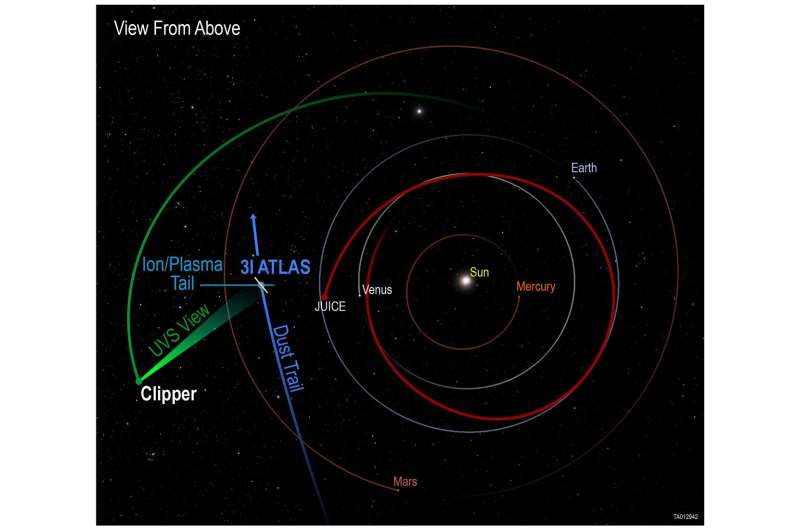A team of researchers from **Anhui Science and Technology University** and **East China Normal University** has published a comprehensive review on the innovative **Three-Dimensional Electrochemical System (3DES)** aimed at treating coking wastewater. This significant study appears in the latest edition of *Frontiers of Environmental Science & Engineering*, specifically in **Volume 19, Issue 9**.
The review highlights the effectiveness of 3DES in addressing the challenges posed by coking wastewater, which is known for its high toxicity and complex composition. Traditional treatment methods often struggle to adequately process this type of wastewater, leading to environmental concerns. The introduction of 3DES presents a promising alternative that could transform current practices in wastewater management.
Understanding the Three-Dimensional Electrochemical System
The **Three-Dimensional Electrochemical System** leverages advanced electrochemical processes to enhance the degradation of organic pollutants found in coking wastewater. Unlike conventional two-dimensional systems, the three-dimensional approach increases the surface area for reactions, resulting in improved efficiency. This design not only accelerates the treatment process but also reduces energy consumption, making it a more sustainable option.
According to the review, the 3DES operates by integrating multiple electrochemical reactions within a single framework. This integration allows for a more thorough breakdown of harmful substances, leading to cleaner and safer effluents. Given the growing demand for effective wastewater treatment solutions, the implications of this technology could extend beyond coking industries.
Potential Impact on Environmental Management
The findings from this review underscore the urgent need for innovative solutions in the realm of environmental management. Coking wastewater, if left untreated, poses serious risks to ecosystems and public health. The introduction of 3DES could significantly mitigate these risks by offering a reliable treatment method that aligns with global sustainability goals.
The researchers emphasize that while the technology shows great promise, further studies are necessary to optimize operational parameters and assess long-term performance. In particular, there is a need to explore the scalability of the 3DES system in diverse industrial settings.
This comprehensive review serves as a critical step toward advancing the field of environmental engineering. By focusing on the challenges of coking wastewater, the study not only highlights the potential of the 3DES but also calls for collaborative efforts among researchers, industry stakeholders, and policymakers to implement effective wastewater treatment strategies.
With increasing regulatory pressures and public awareness surrounding environmental issues, the introduction of the Three-Dimensional Electrochemical System represents a vital advancement in the ongoing efforts to protect natural resources while supporting industrial operations.







